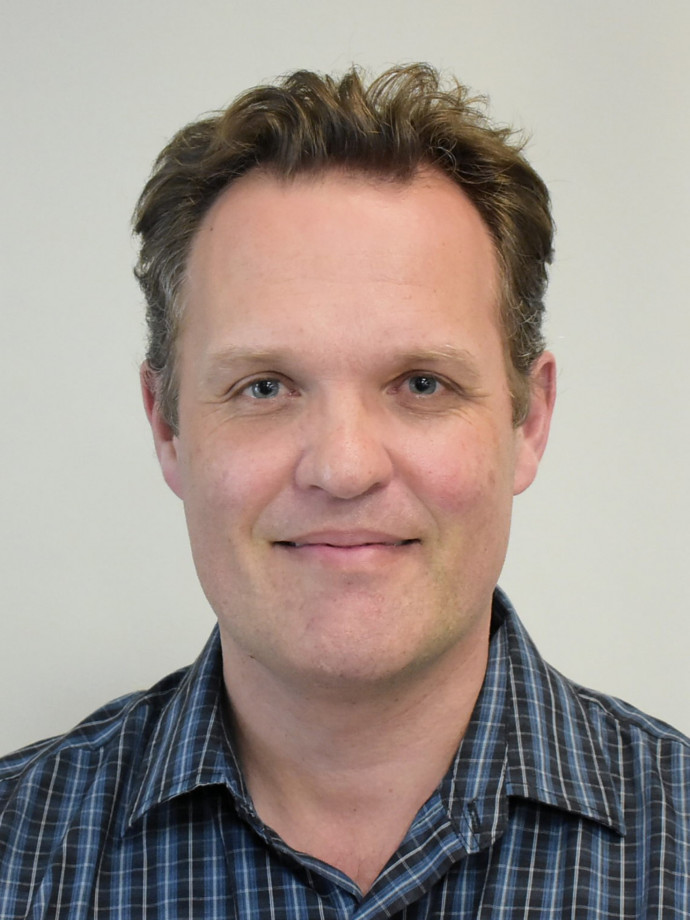Geoffrey Waterhouse

2021: Associate Professor Geoffrey Waterhouse from The University of Auckland has been awarded a James Cook Research Fellowship in Physical Sciences for research titled ‘Catalysing the Decarbonisation of New Zealand's Energy Sector.’
Biography
Waterhouse’s research interests are in the design, characterisation, and performance optimisation of catalysts for the energy sector. Waterhouse is an Associate Professor in the School of Chemical Sciences, University of Auckland, and holds Professorships at leading institutions in China. He is a Principal Investigator and Theme Leader in the MacDiarmid Institute for Advanced Materials and Nanotechnology, and an Associate Investigator in the Dodd Walls Centre for Photonic and Quantum Technologies.
He has received many research awards, including the University of Auckland Research Excellence Medal (2021), the Maurice Wilkins Centre Prize for Excellence in Chemical Research (2020), Clarivate Web of Science Highly Cited Researcher (2019 & 2020), as well as research awards from China and Japan. Waterhouse is an elected fellow of the New Zealand Institute of Chemistry and the Royal Society of Chemistry, and the New Zealand Delegate to the International Union of Pure and Applied Chemistry.
Research summary
Aotearoa New Zealand has set ambitious goals to reach 100 per cent renewable electricity by 2035 and a carbon neutral economy by 2050.
To realise these goals, we need to reduce the carbon footprint of the energy sector by developing cleaner energy production systems, as exemplified by a ‘Green Hydrogen Economy.’ In a Green Hydrogen Economy, renewably generated electricity is used to split water into hydrogen and oxygen via electrolysis, with the hydrogen produced stored and then used in fuel cells to generate electricity as required.
Key technologies needed for the transition to a Green Hydrogen Economy are rechargeable metal-air batteries (for short term electricity storage), water electrolysers (for H2 production and thus longer-term electricity storage) and hydrogen-fuel cells (for transforming hydrogen to water, thereby generating electricity). At the heart of these three technologies are two critical electrochemical reactions – the ‘oxygen evolution reaction’ and the ‘oxygen reduction reaction’. Traditionally, expensive precious metal-based catalysts have been used to drive these reactions. The discovery of efficient catalysts for these reactions containing only low-cost earth abundant elements is essential for the growth of a Green Hydrogen Economy in Aotearoa and elsewhere.
In this James Cook Research Fellowship, Waterhouse will explore the potential of a new type of catalyst – metal single-atom catalysts – for driving the oxygen evolution and oxygen reduction reactions. Waterhouse has early findings which suggest that single-atom systems containing inexpensive elements (such as iron, cobalt, nickel) offer remarkable oxygen reduction and evolution performance (comparable to traditional precious metal catalysts). Building on this work, a series of inexpensive single-atom systems will be fabricated and tested for their oxygen reduction and evolution performance, then applied in prototype metal-air batteries, water electrolysers and hydrogen fuel cells.
The awarding of this fellowship will enable Waterhouse to continue vital research unlocking Aotearoa New Zealand’s Green Hydrogen Economy.
